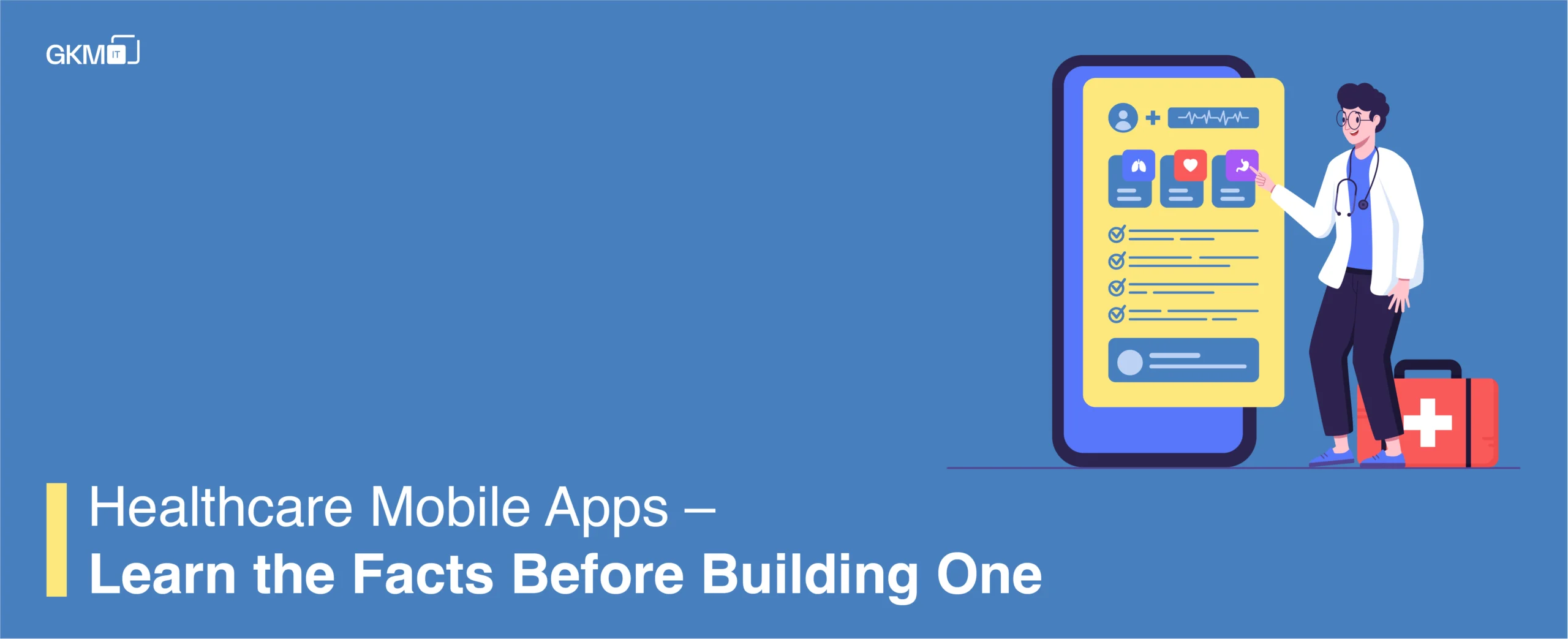
Healthcare Mobile Apps – Learn the Facts Before Building One
The healthcare industry is booming and it will continue to grow in upcoming years. When people are really busy in today’s digital era, it has become very important for people to indulge in health check/care apps. mHealth mobile apps help in keeping medical records and track health on-the-go.
Let’s have a look at the most popular categories of healthcare apps. This category is broadly divided into two – one is health care apps for patients and others for health practitioners. Practitioners include doctors, medical attendants, and health care providers. Though many healthcare apps deal with personal data but they benefit both the patients and doctors at a reasonable extent.
Let’s have a look at some popular categories of health care apps.
- Chronic care management apps
- Fitness app
- Women health apps
- Medication management apps
- Personal health record apps
- Emergency urgent care helps
- Elderly people medical help
- Health care e-commerce app
Chronic Care Management Apps
In recent time chronic care management apps had massive success. The reason being a drastic increase in chronic disease (heart disease, diabetes, hypertension, etc.) patients. It’s challenging to live with chronic concerns. Chronic care app is helping a lot.
Hospital apps-
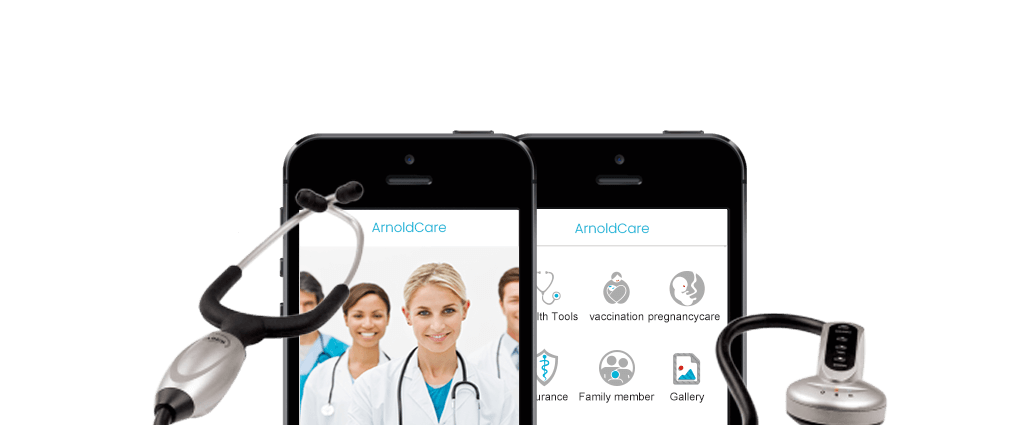
Health care mobile apps for the hospital contains hospital-specific information and details of panel doctors such as their availability, name and department etc. Technology advance hospital often provides a virtual and visual tour of the hospital along with updates on registration and waiting time for a consultation or to meet a physician.
Healthcare and Fitness Apps-
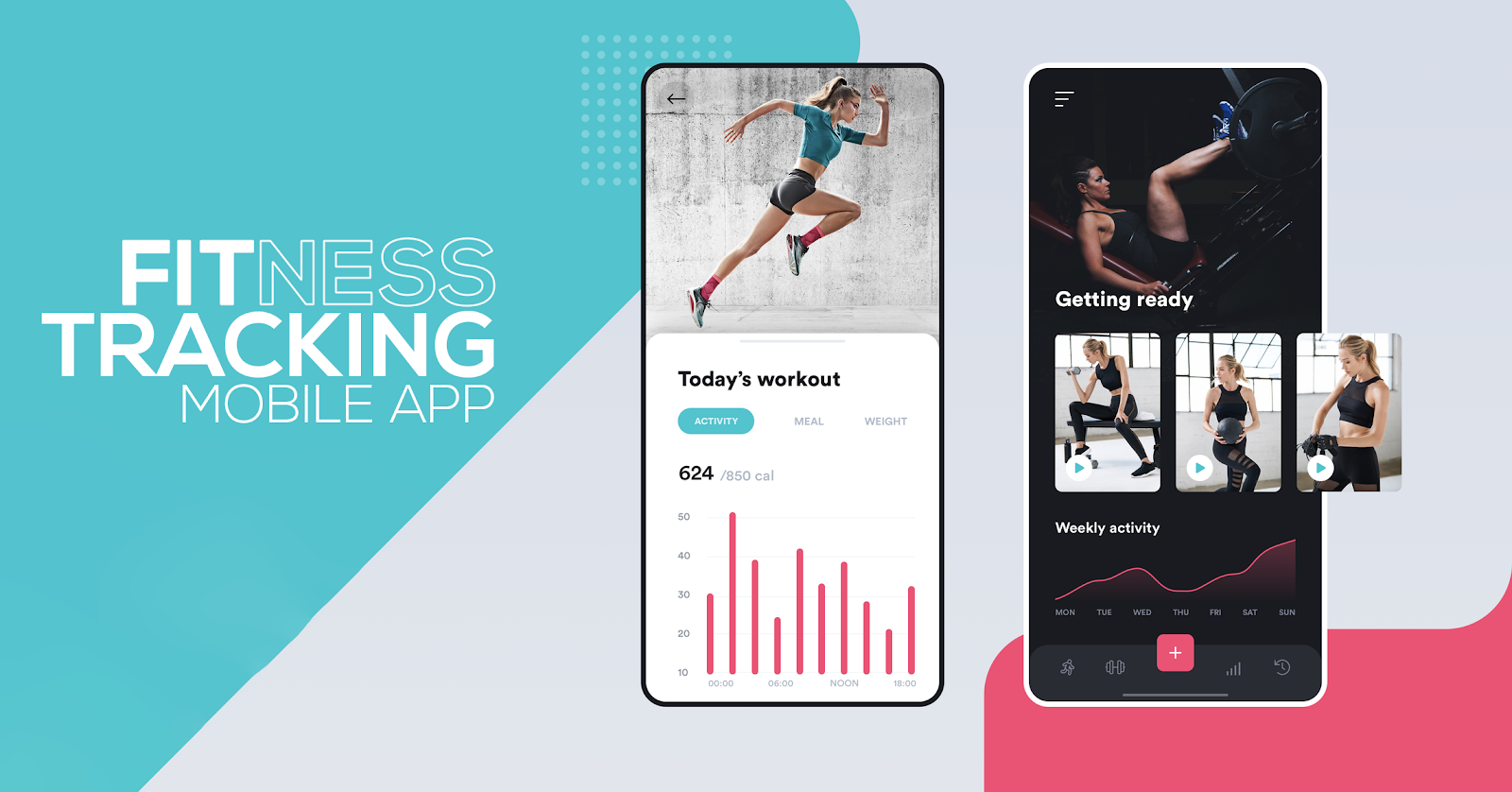
Nowadays apps which keep your health and fitness track records are very trendy and popular. You can keep track of health goals and calories burnt, weight and different activity monitoring. Amidst the pandemic, the COVID 19 health and fitness app brought a wave of relief as they are capable to trace infected people and notify the user those who are in close proximity to the infected person.
Women’s Health Apps
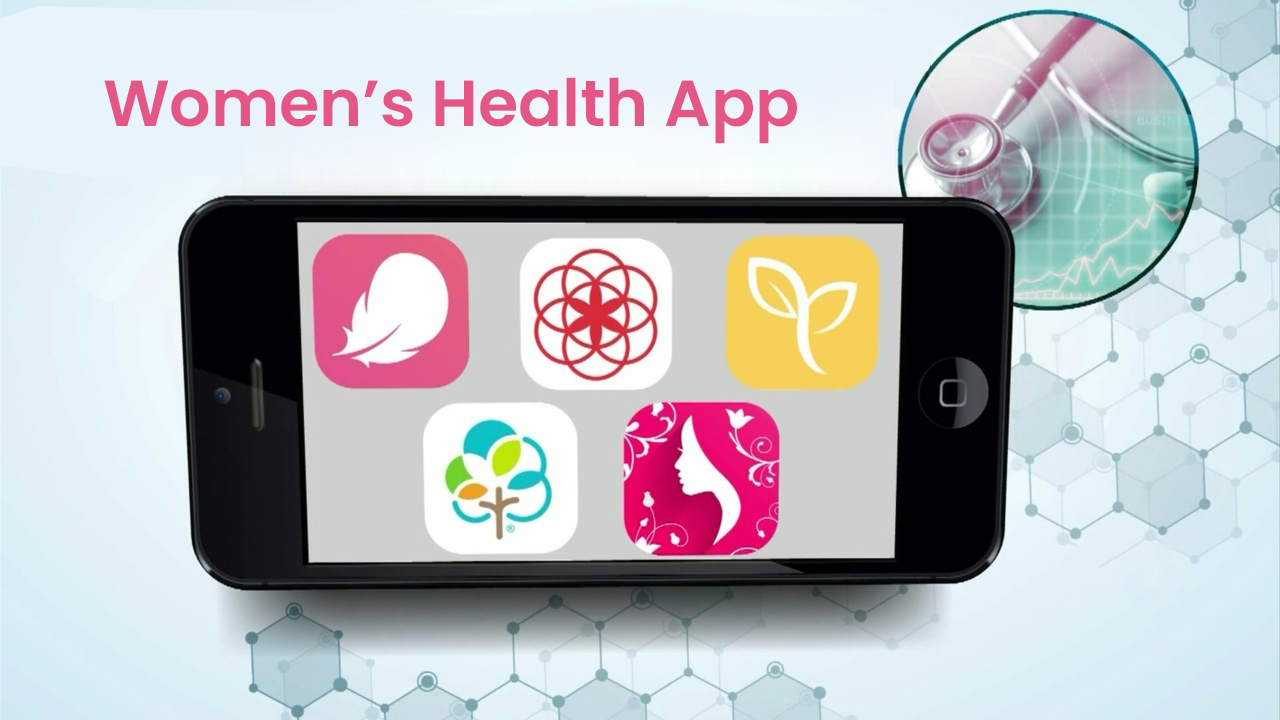
This women-friendly app allows to get quick information about mensuration cycle, educate about fertility, keeps records of various stages of pregnancy, schedule appointments, baby birth, breastfeeding, newborn care and the list is endless.
5. Medication Management Apps
This app manages your medication-related task and reminds about the next dosage and provide a brief on everyday medication. App focuses on prompt recovery by keeping in mind- medication on time means prompt recovery.
Personal Health Record Apps
Now managing all records at one place has become easier. Patients can keep track of their records and share their medical records with their physicians and healthcare providers right from the app.
Emergency/ Urgent Care Apps
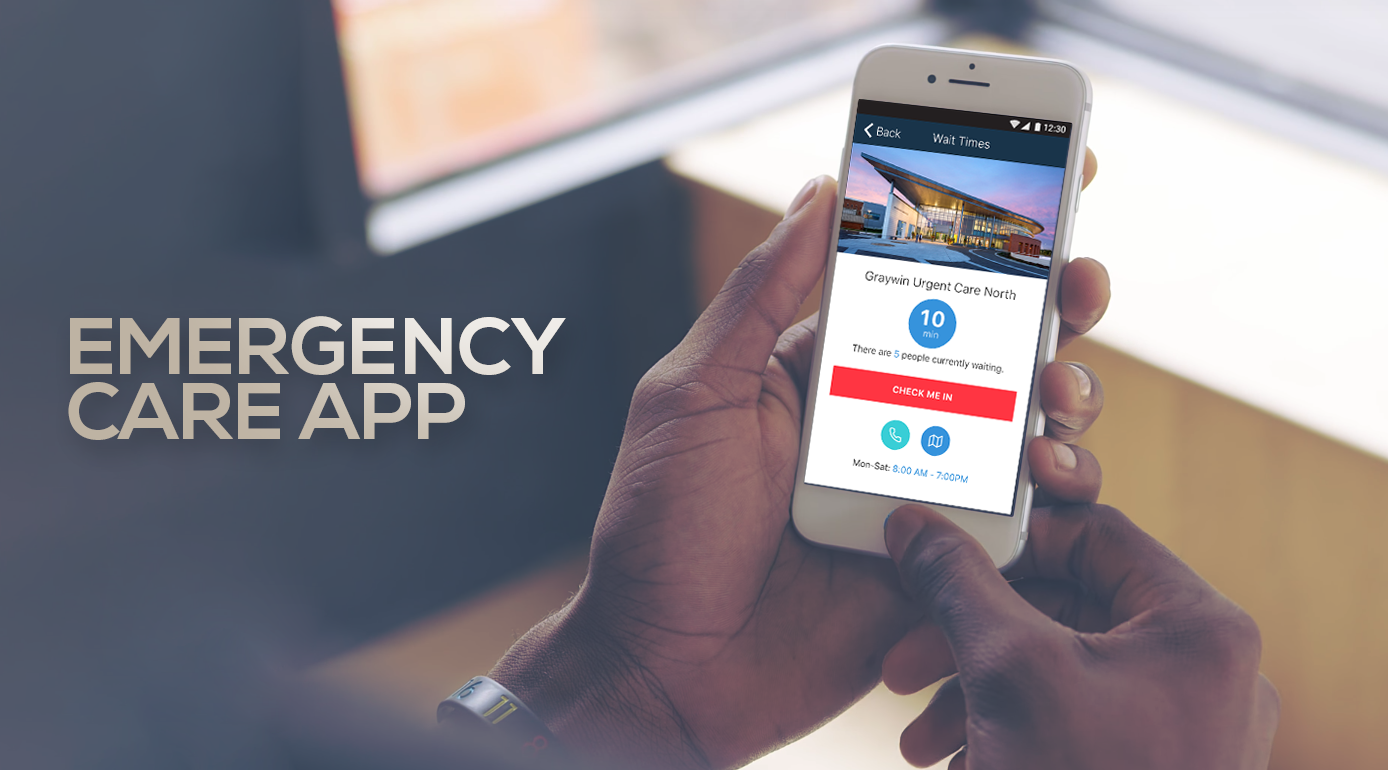
This app gives information about the nearest hospital, clinics, list of doctors along with location guidance. Now you can quickly access nearby hospitals and health care at the time of emergency.
Elderly People Medical Apps
This app monitors health progress, identify symptoms, reminds medication, track heartbeat, blood pressure, check nearby healthcare clinics, contact at the time of emergency and locate a pharmacy or medical equipment stores.
Healthcare eCommerce Apps
In the mHealth market, this app is the next big thing. With people becoming more attentive and vigilant they want to stay alert about their health. Right from a single panel, these apps allow people to buy anything to everything online.
After describing varied healthcare apps let’s focus on some other aspects which we should consider while developing a healthcare app.
How to avoid healthcare app failures?
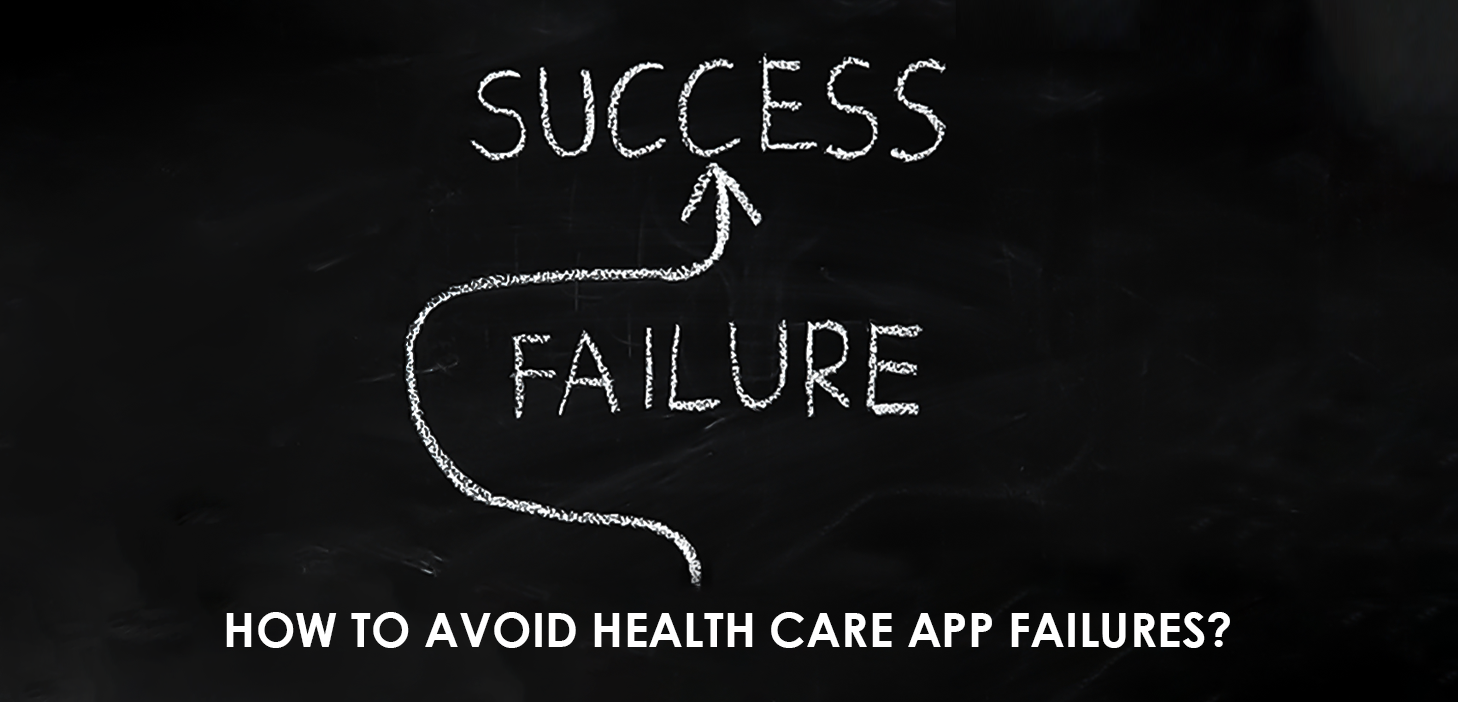
In Healthcare application development, avoid failures by adopting the following best practices:
- Develop secure and privacy-compliant apps
While developing the app architecture, the healthcare mobile app needs to be receptive. It is important to prioritize the privacy and security aspects to secure a patient’s critical information via rights and permission.
- Design app with great user experience
The success of mHealth depends on interactive user experience. Make certain that images, size, graphics, content, statistics, presentation everything should be up-to-date and original. Smooth navigation ensures time-saving.
- Solve real user problems
The architecture is the keystone in application success rate. mHealth is designed and developed keeping in mind the purpose and focus on resolving things.
- Flawless and error-free functionality
Error-free functionality is a vital aspect in the application. A health care mobile app must function flawlessly. There should be any technical glitch or concerns as it will affect user experience.
Features for healthcare mobile app development
- Manage EHR(electronic health record)
- Wearable device connection
- Cloud-based data storage
- Data security
- IoMT connectivity
- Video consultation
- Reporting and analytics
- Website interoperability
Challenges in developing healthcare mobile apps
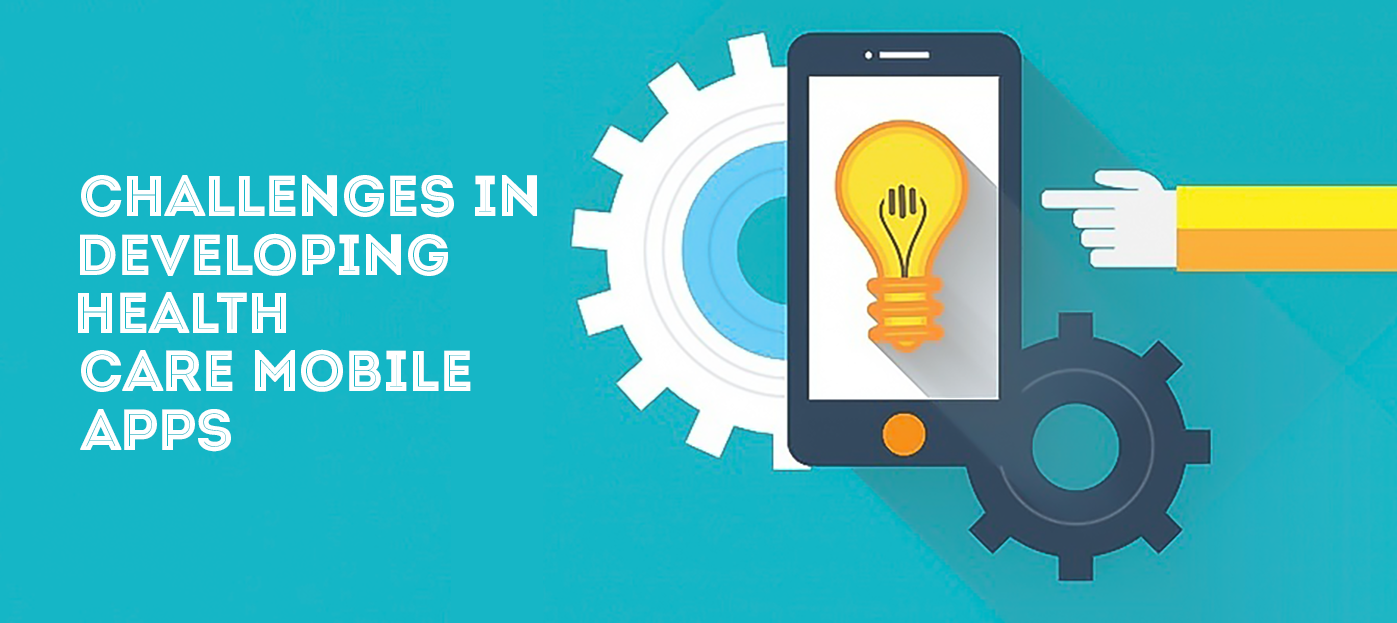
As compared to other apps, mHealth apps differ. Healthcare apps heal with lots of critical data of patients, thus the security is the topmost priority. Compliance with legal it is very important to vigilant app to know if they are not violating health laws. To ensure anytime, anywhere accessibility cloud integration is the need of the hour. Thus it is must to audit cloud infrastructure on regular intervals to provide impeccable security.
Popular healthcare apps amid COVID-19
1) Aarogya Setu
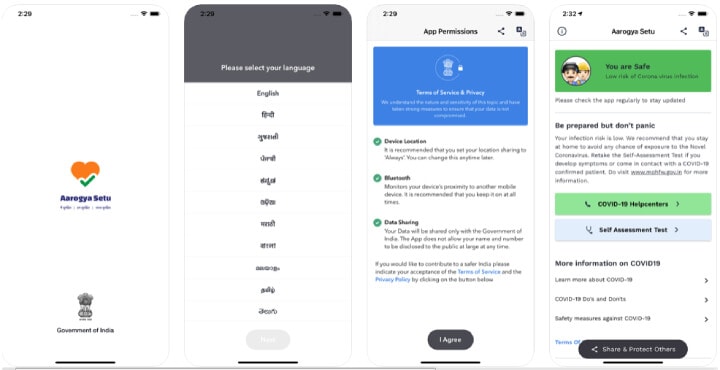
2) The Corona DataSpende
3) COVIDSafe
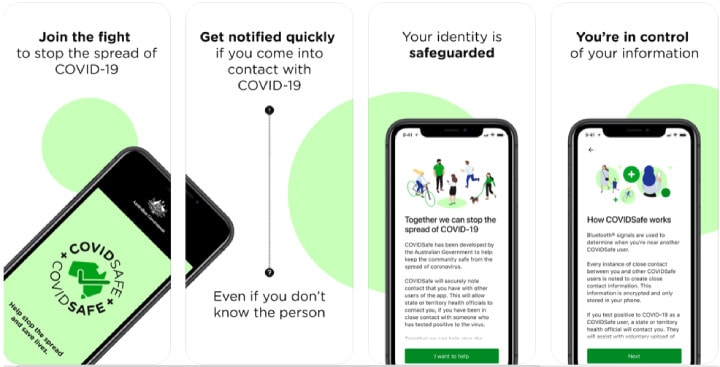
4) GoodRx
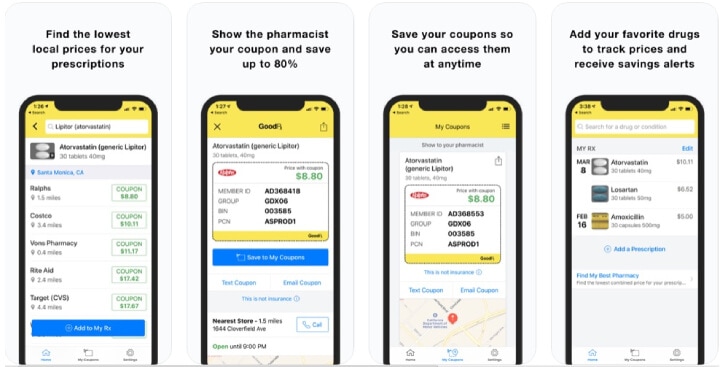
5) MyChart
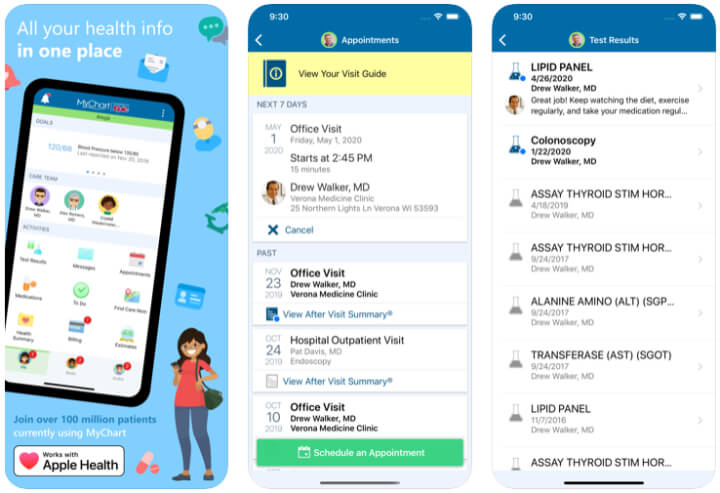
6) Healow
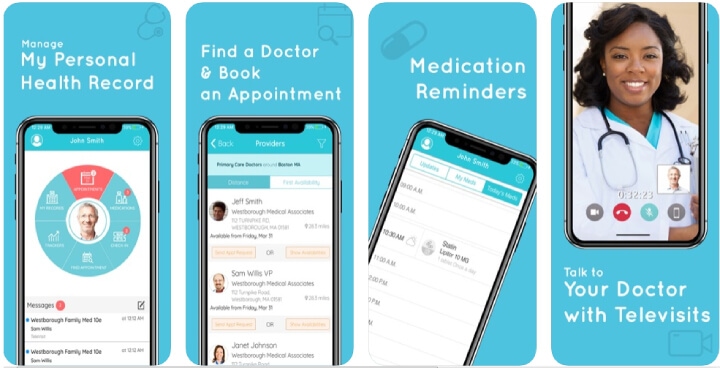
7) Teladoc
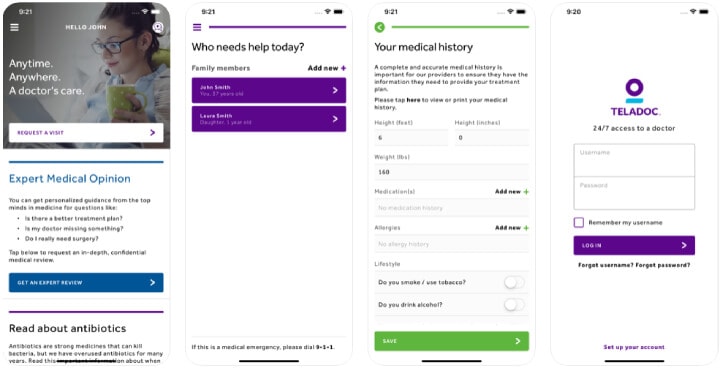
8) Pregnancy+
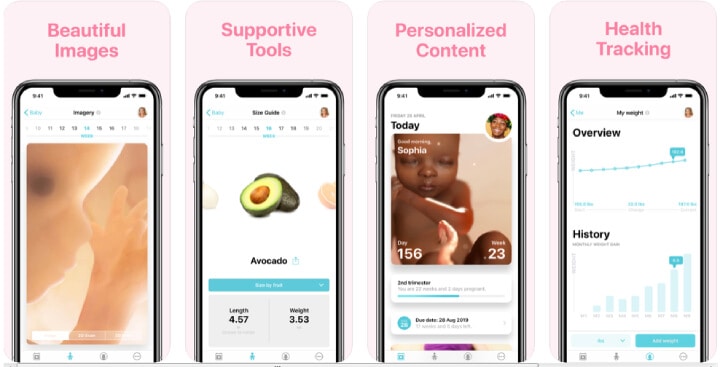
9) Health Mummy
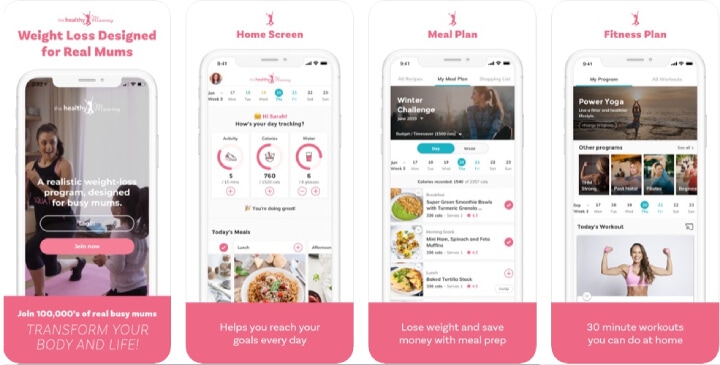
Role of GKMIT in building a healthcare mobile app
Reach out to us for unique healthcare mobile app development as we devastate from developing app strategy, UI/UX design, mobile app development, and testing. We have the best in class, experts and mobile app developers who can guide you throughout the process to get all your mHealth app development requirements covered and checked.